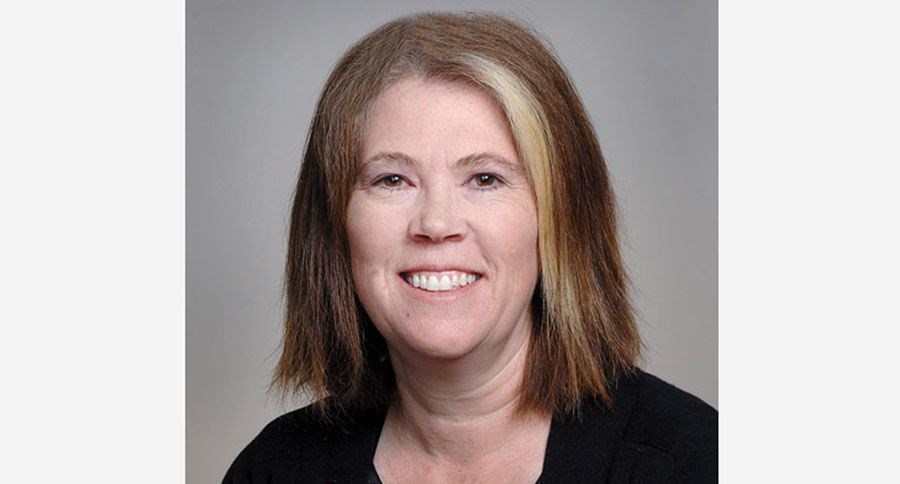Well the municipal election in Prince George is over and there are many positives to celebrate: the civil campaigns of two strong, engaged mayoral candidates; new council members who worked hard to get the requisite name recognition needed to win a seat; a young council member who will represent the youth constituency in the city; and a fairly respectable voter turnout.
We now turn to the next election.
It would be nice to keep up the momentum of community engagement because, even though voter turnout in provincial and federal elections is higher than in municipal elections, the numbers are still not great.
In Neil Godbout's editorial on Thursday, he turned his eye to the nomination process of the local Conservative Party. There have been a number of commentaries about the nomination process and the need to sign up to be a member of the party in order to vote for the nominee.
I will throw in my two cents and say that, in what many call a "safe riding," the nomination process is the place where the election happens and this can certainly make some people feel disenfranchised. I also note that one can become a party member at 14 years of age.
I think this is terrific but it should not be lost in the discussion that in a "safe riding" a 14 year old gets to vote for the next MP. It is odd that we shut out youth in the general election yet allow them to select the party nominee... but I digress...
Neil's editorial questions the idea that Cariboo-Prince George is necessarily a "safe riding" and that there will likely be a battle from the other parties to take this seat away from the Conservatives.
As Neil says: "If the winner of the Conservative nomination for Cariboo-Prince George thinks he or she can just book their accommodations in Ottawa, with the tough sledding in the rearview mirror, they could be in for a horrible shock next fall, when the federal election is expected to occur. So much can change so quickly in politics and a year is an eternity, especially when the trial against disgraced former Conservative senator Mike Duffy is slated to start in early 2015."
The point Neil makes is that any candidate without considerable personal popularity in the broader community is unlikely to slide easily into the seat of a 20-plus year incumbent. Considerable attention will turn to party platforms and to party leadership when the nominee is not well known in the community.
And so we turn to the perennial problem of Canadian politics: the great vote split. It is true that there is a lot of time between now and the next federal election but no amount of time will sort out the problem of two possible left-of-centre parties running at the federal level.
The Whitby-Oshawa by-election was considered a triumph for the Liberals. They made "considerable strides" but the fact is they did not win the seat.
Once again the vote split on the left among the NDP and Liberals (and even the Green Party) meant that the Conservatives took the seat. Now, to be fair, one would need all the votes of the NDP, the Liberals and the Green Party to push the seat to the left but the point is that this is not possible at all when there are truly viable parties on the same ideological side of the spectrum running in the same riding.
The Conservatives figured that out in 2003 and they have not looked back since.
The reason the Liberals claimed a victory is because their numbers surged in the byelection.
The test that is really underway is which leader at the left-of-centre will demonstrate the best showing because the task of Thomas Mulclair and Justin Trudeau is to beat each other - not to beat Stephen Harper.
So whether any seat is safe or not might depend on how the parties divide up the electoral pie. The first-past-the-post system adds another dimension to the equation when we look ahead at elections and possible outcomes.
We have already heard about potential "strategic voting" that would try to mitigate the vote split but the fact remains that Canada has three very viable parties and the current system rewards the party that stands alone on the political spectrum.



